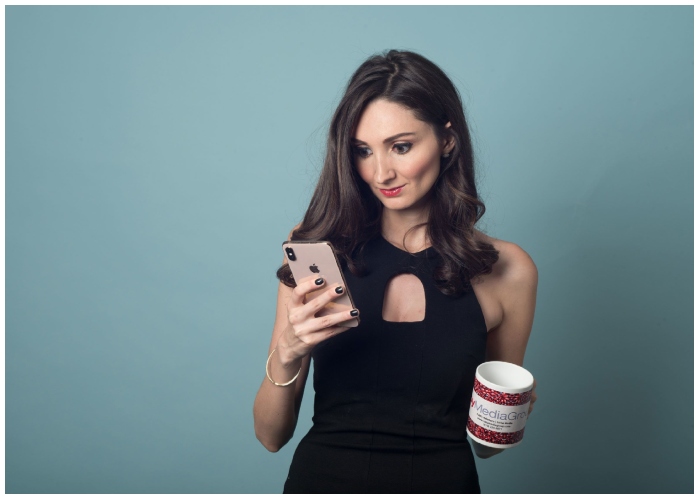The influencer economy isn’t dead, but it’s shifting. In 2025, glossy hauls, affiliate links, and viral “must-haves” don’t hold the same power they once did. Scroll through TikTok or Instagram today, and you’ll notice something new: influencers are no longer just telling you what to buy—they’re telling you what not to buy.
This quiet movement is called deinfluencing, and it’s a pushback against the endless cycle of consumer culture. After years of being sold the idea that every new product is life-changing, people are starting to resist.
The Burnout of Buying
For years, social media was a showroom. Every swipe was an invitation to upgrade your life—new skincare, new clothes, new gadgets. Influencers felt like trusted friends guiding you through shopping.
But somewhere along the way, the trust broke. Sponsored posts and coupon codes piled up. PR packages grew bigger and more frequent. Followers started asking: Do influencers even use these products, or are they just selling them?
The answer mattered less than the fatigue that followed. When every post feels like a pitch, every recommendation feels less genuine.
Minimalism Meets Mistrust
The rise of deinfluencing connects to a bigger trend: people want less, not more. Climate anxiety, financial stress, and mental burnout are pushing consumers to rethink how they spend.

Instead of drawers full of serums or closets full of duplicates, people want durability, function, and peace of mind. When influencers push overconsumption under the label of “self-care,” it rings hollow. That’s why creators who say, “You don’t need this,” are finding loyal audiences.
The Power of Saying No
There’s something radical about telling people not to buy. It flips the script. It challenges the system that relies on constant spending. And it makes people stop and think before clicking “add to cart.”
Why do we need five-step lip routines? Why do we keep buying viral makeup that looks the same as the last? Deinfluencing asks these questions out loud. It gives power back to the consumer by reminding them that choice—not pressure—should guide purchases.
Influencers Are Tired Too
Audiences aren’t the only ones burned out. Many influencers feel trapped by the endless haul cycle. They’re tired of pretending to love every product. They’re tired of competing for clicks and coupon codes.
Some are even refusing brand deals or sending back PR packages. Instead, they’re focusing on honesty and authenticity. For many, that means less money—but also more trust. Deinfluencing isn’t anti-influencer. It’s anti-fake.
Value-First Content Wins
The most trusted voices in 2025 aren’t the loudest. They’re the most useful. Followers want reviews, not hype. They want explanations, not pressure. They want real experiences, not polished aesthetics.
Successful creators today share context, critique, and education. They disclose partnerships. They admit when products don’t work. And because of that, their communities grow stronger.
The End of the “Must-Have” Era
For years, influencers pushed weekly “must-haves” that felt urgent. Now, people are slowing down. They’re waiting, reading reviews, and skipping impulse buys. The cycle of hype is breaking.
Deinfluencing doesn’t mean no one shops anymore. It means people are asking harder questions. Do I really need this? Will it last? Does it add value?
Smarter Consumption Is the Future
Deinfluencing isn’t the end of influence. It’s the evolution. The next generation of creators will still shape behavior—but not with endless shopping lists. They’ll influence by being thoughtful, transparent, and honest.
Consumer culture isn’t disappearing. It’s maturing. And in 2025, maturity means knowing when to say no. The most powerful recommendation isn’t always a glowing review. Sometimes, it’s the reminder that you don’t need the next thing to be enough.